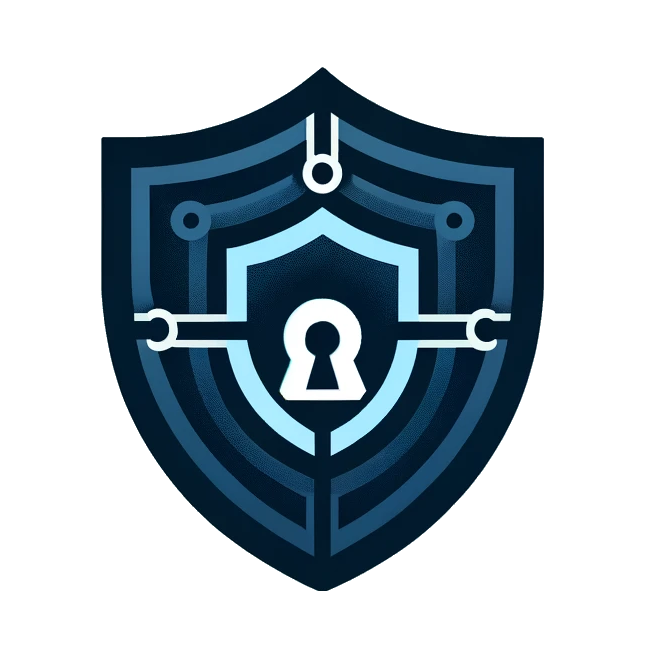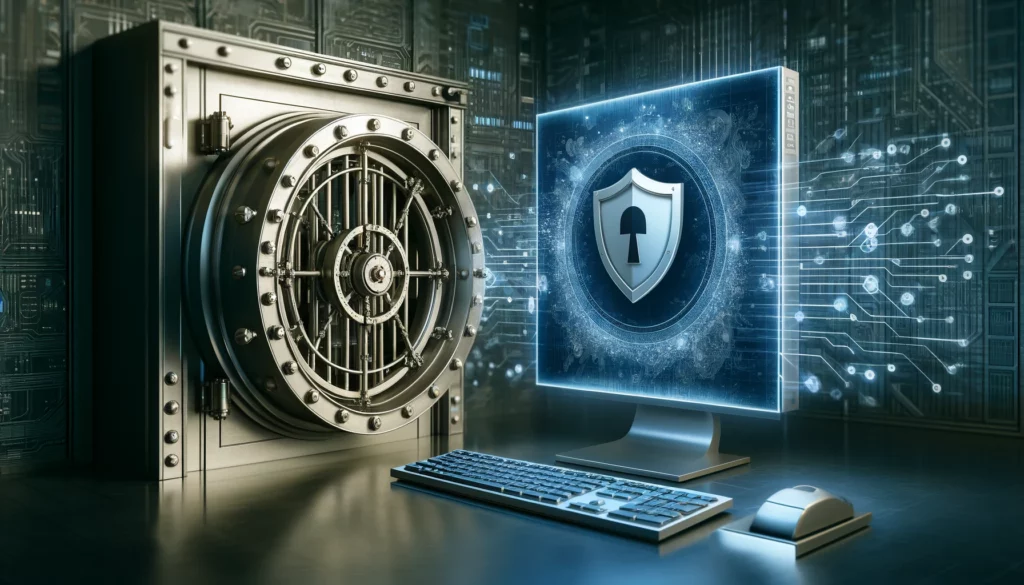In today’s interconnected world, accessing public Wi-Fi networks has become a common practice for staying connected while on the go. Whether it’s at airports, cafes, hotels, or shopping centers, public Wi-Fi offers convenience and accessibility. However, amidst the convenience lurk significant cybersecurity risks, particularly when it comes to conducting banking transactions over unsecured networks. In this blog post, we’ll explore the risks associated with public Wi-Fi and share essential safe banking practices to protect your financial information from cyber threats.
Understanding Public Wi-Fi Risks:
- Man-in-the-Middle Attacks: Public Wi-Fi networks are often unencrypted or use weak encryption protocols, making them vulnerable to interception by cybercriminals. In a man-in-the-middle (MITM) attack, hackers intercept communication between a user’s device and the intended destination, allowing them to eavesdrop on sensitive information such as login credentials, account numbers, and financial transactions.
- Wi-Fi Spoofing: Cybercriminals may set up rogue Wi-Fi networks with names similar to legitimate hotspots, enticing unsuspecting users to connect. Once connected to a spoofed Wi-Fi network, hackers can intercept data traffic, steal login credentials, and deploy malware onto users’ devices, compromising their security and privacy.
- Malware Distribution: Public Wi-Fi networks serve as breeding grounds for malware distribution, with cybercriminals leveraging unsecured connections to deliver malicious software to unsuspecting users’ devices. Malware infections can lead to compromised banking credentials, identity theft, and financial fraud, posing significant risks to users’ financial well-being.
Safe Banking Practices on Public Wi-Fi:
- Use a Virtual Private Network (VPN): Employing a VPN encrypts your internet connection, creating a secure tunnel between your device and the VPN server. This encryption protects your data from interception by cybercriminals, even on unsecured Wi-Fi networks, safeguarding your banking transactions and sensitive information.
- Avoid Accessing Sensitive Information: Refrain from accessing sensitive financial information or conducting banking transactions while connected to public Wi-Fi networks. Wait until you’re on a secure and trusted network, such as your home or office Wi-Fi, before accessing your banking accounts or entering payment details.
- Enable Two-Factor Authentication (2FA): Enable two-factor authentication for your banking accounts to add an extra layer of security. Even if cybercriminals manage to intercept your login credentials, they’ll be unable to access your accounts without the secondary authentication code, helping protect your financial information from unauthorized access.
- Update Your Devices and Apps: Keep your devices and banking apps up-to-date with the latest security patches and software updates. This ensures that known vulnerabilities are patched, reducing the risk of exploitation by cybercriminals seeking to compromise your device or steal your financial information.
- Monitor Your Accounts: Regularly monitor your bank accounts and credit card statements for any unauthorized transactions or suspicious activity. Report any discrepancies to your bank immediately to prevent further fraud and mitigate the impact of potential security breaches.
In conclusion, while public Wi-Fi offers convenience, it also poses significant risks to your financial security. By understanding the risks associated with public Wi-Fi and adopting safe banking practices, such as using a VPN, avoiding sensitive transactions on unsecured networks, enabling two-factor authentication, keeping your devices updated, and monitoring your accounts regularly, you can protect your financial information from cyber threats and safeguard your financial well-being. Stay informed, stay vigilant, and prioritize security when conducting banking transactions, especially on public Wi-Fi networks.

Penetra Cybersecurity is at the forefront of defending the digital frontier, providing cutting-edge solutions to protect businesses and organizations from the ever-evolving threats of the cyber world. Established with a mission to create a safer internet for everyone, Penetra leverages a blend of advanced technology, expert knowledge, and proactive strategies to stay ahead of cybercriminals.
Ready to take the next step towards a more secure future? Schedule a consultation with us today and discover how we can help protect what matters most to you. Don’t wait until it’s too late—with Penetra Cybersecurity, your business isn’t just secure; it’s imPenetrable.




